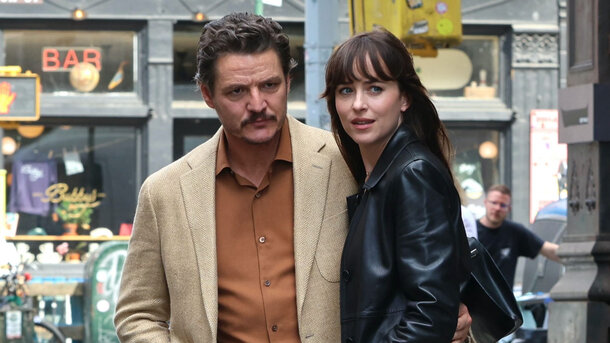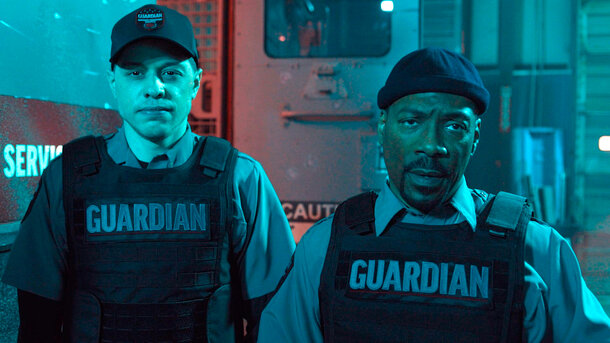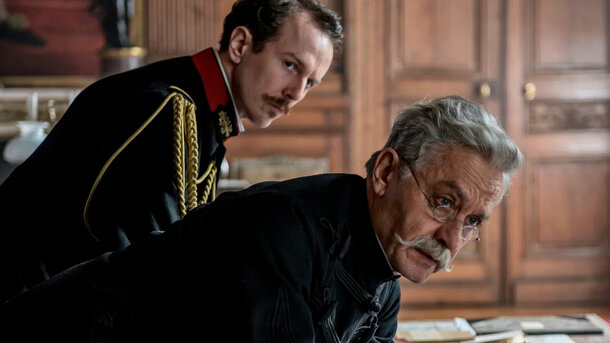Ingmar Bergman’s Wild Strawberries (1957) is a quietly devastating reflection on a life nearing its final chapters. On the surface, it’s the simple story of a retired professor driving to collect an honorary degree. But what unfolds is something far richer: a dreamlike tapestry of memories, surreal visions, and fleeting encounters that slowly peel back the layers of his pride and loneliness. It's not just a film about getting somewhere — it's about reckoning with where you've already been.
The film represents a deeply introspective type of storytelling: a philosophical road movie, where physical travel mirrors inner transformation. Through fragmented dreams and half-remembered faces, Bergman explores questions of love, guilt, mortality, and forgiveness. At its heart, Wild Strawberries is about the burden and beauty of memory, and the fragile hope of redemption in one's twilight years.
Victor Sjöström’s quiet, haunted performance gives the film much of its soul. Once a giant of Swedish silent cinema, his final role here feels almost autobiographical — an old man, both revered and forgotten, looking for peace in a world that’s already moved on. Bergman’s use of dream sequences was groundbreaking at the time and still feels daring, not just stylistically but emotionally.

In the end, Wild Strawberries isn’t just a portrait of ageing — it’s a quiet reminder that the past never stays behind us for long.











